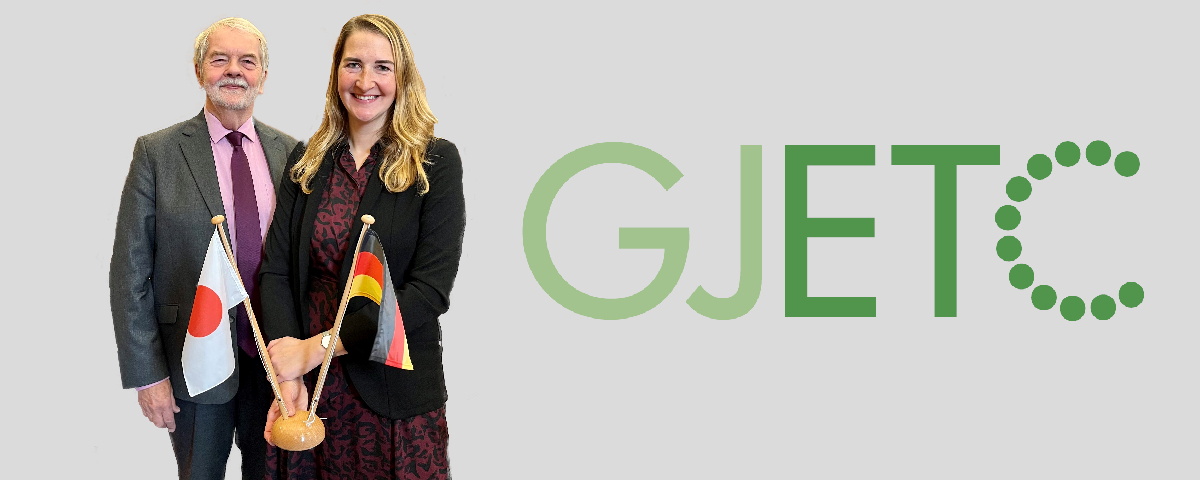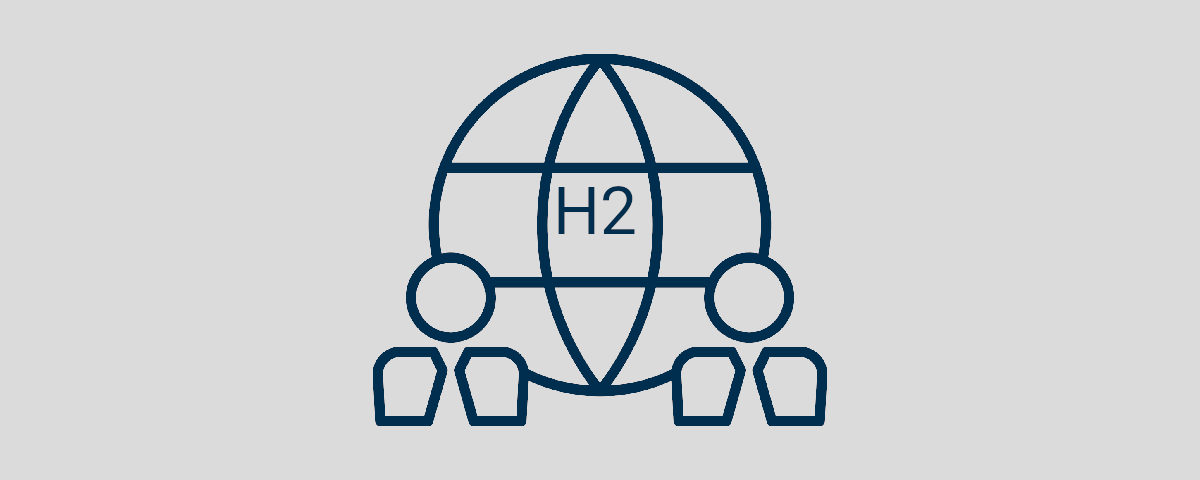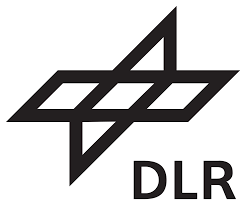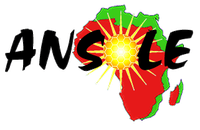
Kathrin Goldammer becomes member of German-Japanese Energy Transition Council
28. November 2022
Electrification of the bus fleet in Potsdam: ViP transport company implements results from RLI feasibility study
6. December 2022Study: Opportunities and risks of hydrogen partnerships and technologies in focus countries

The aim of this project is to analyze opportunities and risks in potential hydrogen partnerships between the focus regions of North Africa, West Africa, Central Asia and Germany.
The goal is to be achieved by the project partners developing a thesis paper. This will be analyzed and expanded in three stakeholder workshops in the different focus regions. As a result, recommendations for the implementation of international hydrogen partnerships along the dimensions of energy, environment, economy, social affairs and politics can be derived.
For this purpose, the RLI joins forces with ANSOLE e.V. and the German Aerospace Center (DLR) and provides an international and interdisciplinary project consortium.
An international view on green hydrogen
Green hydrogen is an energy carrier of the future. However, the potential for renewable energies (RE) and the production of green hydrogen is limited in Germany. The production of hydrogen in sun- and wind-rich countries is therefore an economically attractive option for meeting German demand. At the same time, it is important to understand the perspectives and specific situations of potential export countries and to develop common strategies. The project aims to promote this exchange with focus regions and to analyze the criteria for the development of socially, economically, ecologically, technically and politically sustainable hydrogen partnerships.
Hydrogen partnerships
In addition to existing hydrogen partnerships, Germany is working to develop further partnerships to secure and diversify international cooperation on hydrogen production, including both domestic and export. This development can have a significant impact on the technical, economic and social development of the respective partner countries and will be evaluated in the context of the report for the focus regions.
Analysis of opportunities and risks
The project analyzes opportunities and risks of international hydrogen partnerships along three steps:
Medium- and long-term perspectives of the potential partnerships are also included in the assessment. For example, the export potential and resilience of the selected countries in terms of energy production, transport and export are taken into account.
Consideration of environmental and sociopolitical aspects
Environmental and sociopolitical issues are also examined. In some of the focus regions, (fresh) water is scarce and ecosystems are sometimes fragile. These aspects will be discussed in more detail in the workshops.
The same applies to the social conditions and participation opportunities of the local population in areas where income and job opportunities are low. Here, civil society should be involved in the commercial use of natural resources and the potential for new jobs should be investigated.
The evaluation of the realization conditions and the identification and prioritization of the most important fields of action form the basis for corresponding recommendations for action. These will be finalized in a results paper.
Project duration: November 2022 - February 2023
The goal is to be achieved by the project partners developing a thesis paper. This will be analyzed and expanded in three stakeholder workshops in the different focus regions. As a result, recommendations for the implementation of international hydrogen partnerships along the dimensions of energy, environment, economy, social affairs and politics can be derived.
For this purpose, the RLI joins forces with ANSOLE e.V. and the German Aerospace Center (DLR) and provides an international and interdisciplinary project consortium.
An international view on green hydrogen
Green hydrogen is an energy carrier of the future. However, the potential for renewable energies (RE) and the production of green hydrogen is limited in Germany. The production of hydrogen in sun- and wind-rich countries is therefore an economically attractive option for meeting German demand. At the same time, it is important to understand the perspectives and specific situations of potential export countries and to develop common strategies. The project aims to promote this exchange with focus regions and to analyze the criteria for the development of socially, economically, ecologically, technically and politically sustainable hydrogen partnerships.
Hydrogen partnerships
In addition to existing hydrogen partnerships, Germany is working to develop further partnerships to secure and diversify international cooperation on hydrogen production, including both domestic and export. This development can have a significant impact on the technical, economic and social development of the respective partner countries and will be evaluated in the context of the report for the focus regions.
Analysis of opportunities and risks
The project analyzes opportunities and risks of international hydrogen partnerships along three steps:
- first, a collection of theses will be developed, which will be refined and concretized into a thesis paper based on a Delphie survey.
- In the next step, the thesis paper will be validated and complemented by expert and stakeholder workshops for the respective focus countries. This will follow the logic of a strategic SWOT analysis.
- On the basis of the thesis paper, hypotheses are developed regarding the strengths, weaknesses, opportunities and threats for each country along the categories of energy, environment, economy, social and politics.
Medium- and long-term perspectives of the potential partnerships are also included in the assessment. For example, the export potential and resilience of the selected countries in terms of energy production, transport and export are taken into account.
Consideration of environmental and sociopolitical aspects
Environmental and sociopolitical issues are also examined. In some of the focus regions, (fresh) water is scarce and ecosystems are sometimes fragile. These aspects will be discussed in more detail in the workshops.
The same applies to the social conditions and participation opportunities of the local population in areas where income and job opportunities are low. Here, civil society should be involved in the commercial use of natural resources and the potential for new jobs should be investigated.
The evaluation of the realization conditions and the identification and prioritization of the most important fields of action form the basis for corresponding recommendations for action. These will be finalized in a results paper.
Project duration: November 2022 - February 2023
In this project RLI assumes the following tasks:
- Elaboration of a thesis paper on opportunities and risks of international hydrogen partnerships from the perspective of the exporting countries
- Conducting Delphi surveys and stakeholder workshops
- Development of recommendations for the implementation of international hydrogen partnerships









